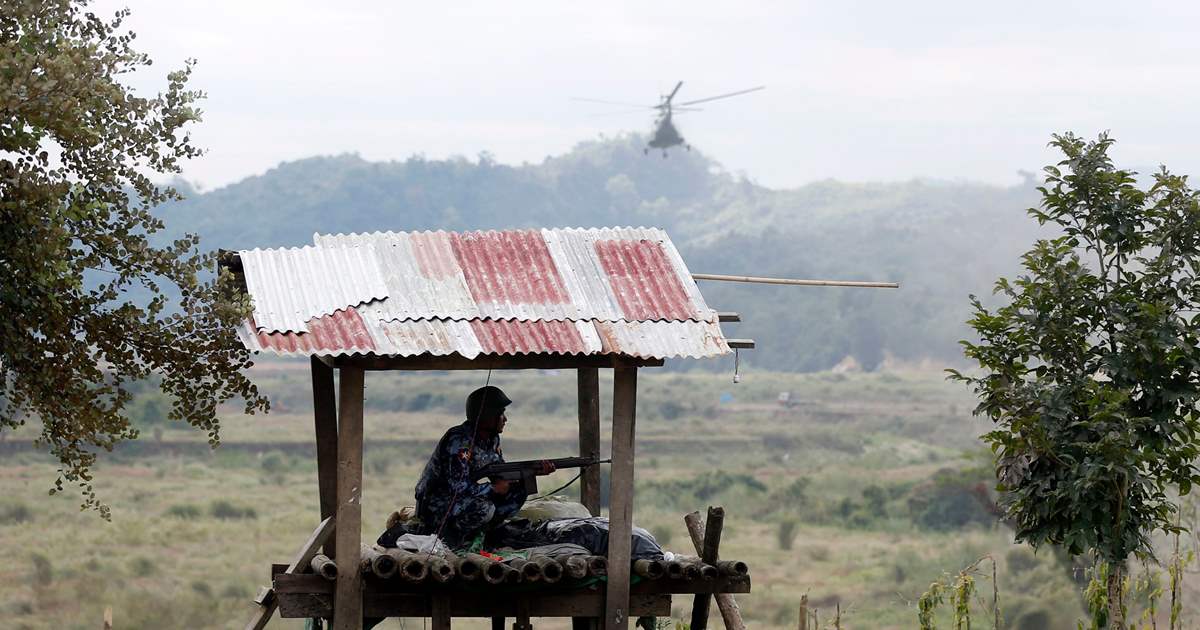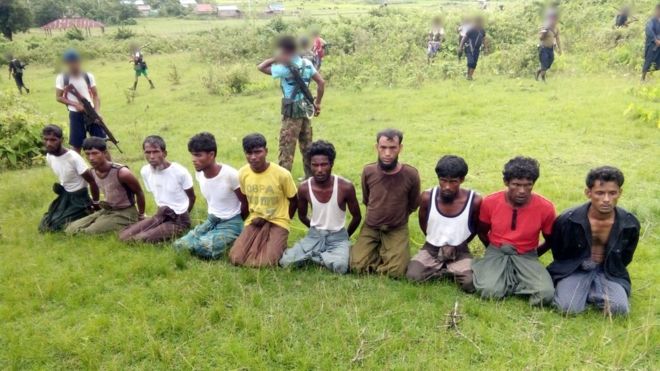Uighurs as pawns in the Great Game
In a perverse spectacle, the Trump administration, which is establishing its own incipient concentration camp system for undocumented immigrants, makes a great show of feigning concern with the mass detention of the Uighurs in China’s “re-education camps.” Secretary of State Mike Pompeo called China’s treatment of the Uighurs the “stain of the century,” and accused Beijing of pressuring countries not to attend a US-hosted conference on religious freedom then opening in Washington. At the conference, Donald Trump actually met at the Oval Office with Jewher Ilham, daughter of the imprisoned Uighur scholar Ilham Tothi. It is hard to fault the Ughurs for being heartened by this international attention, but it is clear that they are being exploited for propaganda purposes. (Photo: Mvslim.com)




